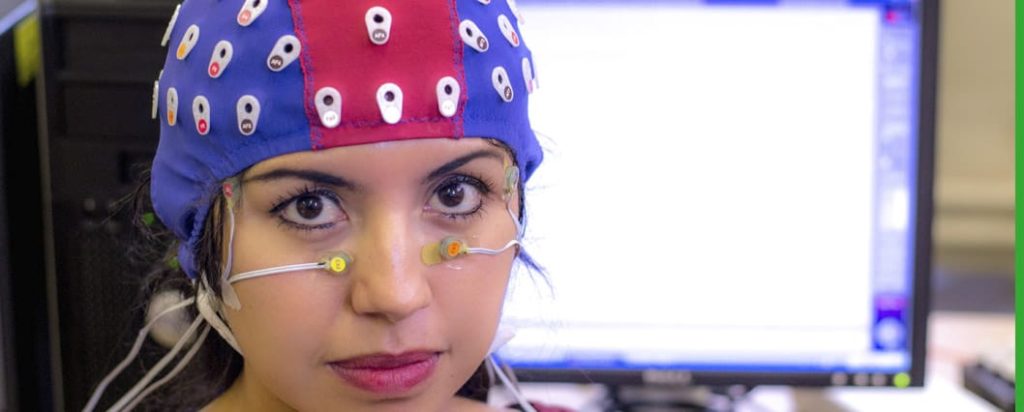New treatment techniques that can help those who struggle with substance abuse are always welcome news to those impacted by addiction. One of the most exciting developments in addiction treatment is neurofeeedback therapy. Based on biofeedback, which has been in use for decades, this therapy has been shown to help people with post-traumatic stress disorder, epilepsy, and other disorders of the brain. More and more evidence is mounting that it can help addicts, too.
What Is Neurofeedback Therapy?
Neurofeedback is based on a technique called biofeedback, which is used to treat physical problems. Undergoing biofeedback therapy involves being attached to devices that measure and display certain body processes like your temperature, your blood pressure, heart rate and muscle tension. A trained therapist helps you to change these normally involuntary processes in order to improve certain health conditions. Biofeedback is used to treat headaches, urinary incontinence, high blood pressure, chronic pain and other medical issues. Neurofeedback is simply a subclass of biofeedback therapy that focuses on the brain. During neurofeedback, you are attached to an electroencephalography machine (EEG), which reads your brain’s activity. The information read by the EEG is sent back to you and you learn to respond and adjust your brain’s activity. You may not be aware you are even doing anything, but the machine reads you and tells you and the practitioner whether you are adjusting appropriately. This process has been shown to help people with certain conditions improve.
Neurofeedback Success Stories
There are several brain-related medical conditions for which neurofeedback treatment has been successful in helping people. For instance, many veterans come home from service with debilitating PTSD, or post-traumatic stress disorder. It is a disease of the brain and one that has been successfully treated with neurofeedback. Long viewed with skepticism by many in the medical field, neurofeedback is proving to be a useful treatment for many other brain disorders as well. Children with ADHD have exhibited improvements in symptoms after receiving neurofeedback therapy, for instance. Because the treatment is controversial, expensive and time-consuming, research in the past has been limited to small studies.
Neurofeedback and Addiction
Anyone affected by addiction might reasonably ask when neurofeedback will be used to help addicts. Like PTSD, ADHD and epilepsy (another disorder treated with this type of therapy), addiction is a disease of the brain. If neurofeedback can help retrain the brain to be calmer, to forget or manage painful memories, to focus and concentrate or to prevent seizures, it should be able to help addicts resist cravings for drugs or alcohol. The good news is that neurofeedback is already being used by addiction treatment centers. Some facilities using this therapy for addicts report relapse rates as low as 25 percent. Among traditional addiction therapy participants, relapse occurs in closer to three quarters of all those in recovery. The difference is significant and worth investigation. As with all uses of neurofeedback, research is still limited, but as evidence grows, more research with larger pools of participants is inevitable. For anyone suffering from a disorder of the brain, whether addiction, epilepsy, ADHD or another condition, neurofeedback is a promising therapy. With more attention and more research time and money devoted to it, we may start seeing more people healed and treated with this innovative technique.

